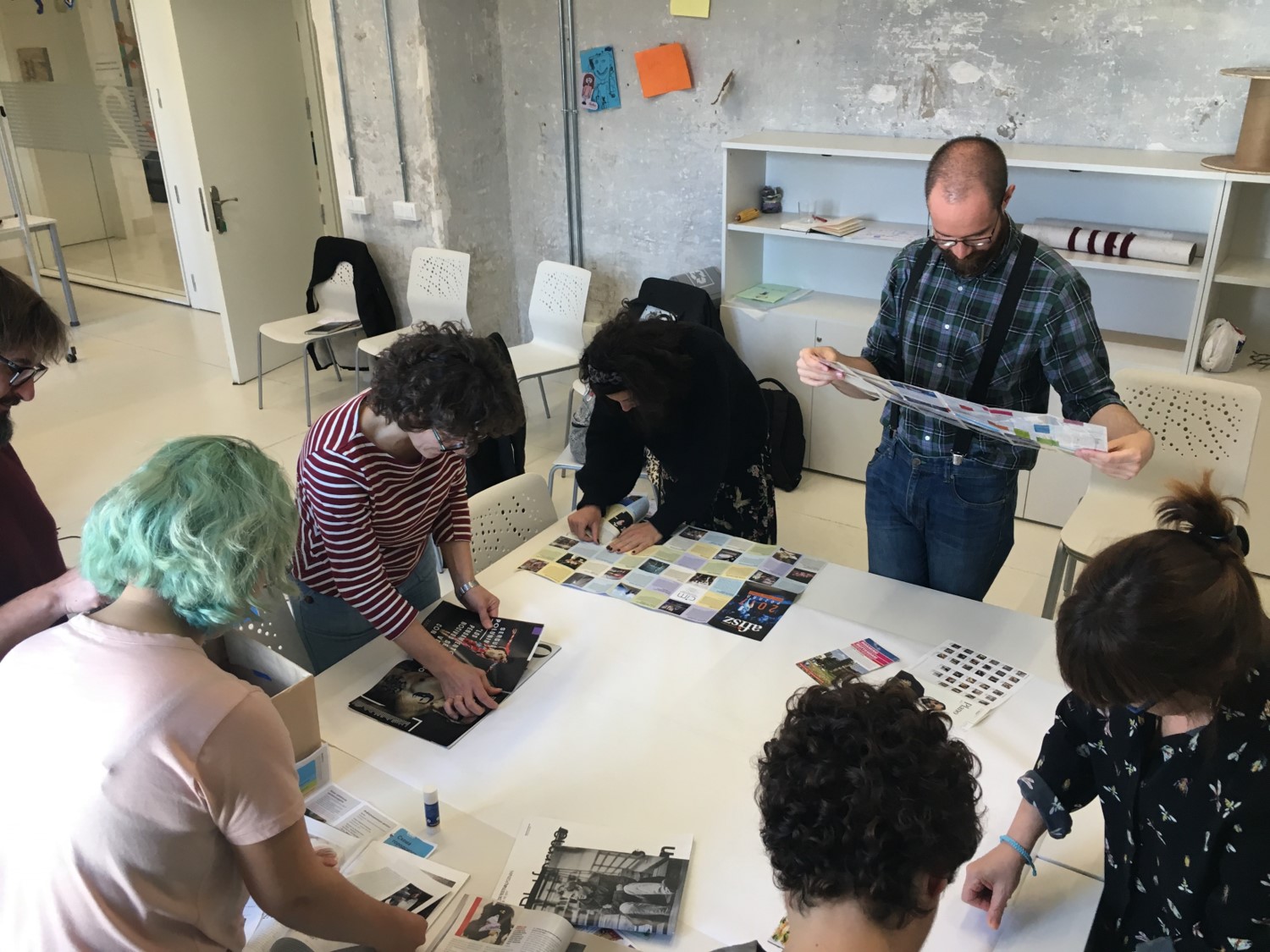Task Forces and Changemakers
Building a design team for ACED
The Task Force
The Task Force is the essential design team in ACED. They are the co-designers and deliverers of the experience and keepers of new learning. Working in interdisciplinary teams like this is a proven way of encouraging and enacting new ideas. The ideal Task Force is:
- 8 people (min 5 max 10) including a "Changemaker" - or project co-ordinator
- Consistent – these people need to see the process through together
- Available – task force members need to have between a half and one day per week to dedicate to the programme during a design phase.
- Drawn from across the whole organisation - ideally one from each team, eg including someone from the programming, front of house, operations, marcomms and (if you have one) education teams. You could also think about involving regular users - but don't expect them to "speak" for all, or new, users.
- In a small organsation, you could also involve volunteers, partners, freelancers or other stakeholders.
- Diverse - in point of view, life experience etc - the more diverse the task force, the better its ideas
- Non-hierarchical and respectful of each other. It is important that ideas and opinions are valued equally inside the group.
- Able and willing to share responsibility to get things done
- Has access to a budget for experimentation and prototyping
- In it for the long-term. After an experience design phase, we recommend that the Task Force retain the responsibility to champion the needs of the audiences they have designed for.
The Task Force gets together to workshop each step of the ACED process and check-in on progress, agreeing what follow-up actions need to be taken, by whom and by when. Between workshops, members deliver tasks as agreed - though not always what they do in their usual role - eg talking with people from the target group, briefing colleagues. The Task Force is also responsible for evaluating the process, pitching resources, making recommendations and sharing learning. ACED can take approximately .5 - 1 day a week of members' time across a typical 8 - 12 week cycle.

1. ALL staff should have a chance to be involved in a project like this. It should be part of your induction and CPD at the Mercury. Everyone ought to have time set aside for this kind of “community service”. It's win win win - good for staff, the organisation, the community.
Changemakers and Facilitators
The ”Changemaker” is a key role in ACED, charged to facilitate and co-ordinate the process. We called them changemakers because they take responsibility for sharing learning across the organisation and ensuring changes are implemented and communicated. Because everyone on the Task Force is busy and has a "day job", it's also important for one person to keep the design process on track, to ensure learning is shared across the organisation and that changes are implemented and communicated. Their role is to:
- co-ordinate the process and "own" the action plan on behalf of the Task Force
- convene the Task Force
- help people deliver their tasks if necessary
- facilitate workshops - and/or deputise for an external facilitator
- record and capture organisational learning
- act as spokesperson for the Task Force where required
- brief the management team
- champion the programme in the organisation
Changemakers need to have authority from leadership to delegate tasks across the Task Force and the trust of the Task Force to represent their collective work. They also need to have allocated time: this is a busy role, taking up anything from 1 - 3 days per week during the ACED design cycle. In some organisations, the role of the Changemaker was shared - eg one person did all the administration while another did facilitation and communication.
All sorts of people make good Changemakers. We discovered that the most important skill is to be a good listener. Changemakers are leaders but collaborative ones, who have been given permission to lead by their colleagues. They are less managers in the traditional sense and more facilitators. The ACED process also taught them to be collaborative designers.
